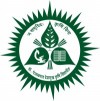About Department
The University Department of Horticulture was established with the inception of the University during 1969 with the objectives of the education to the M.Sc. and Ph.D. students in Horticulture and to execute and monitor the research activities of Horticulture in the university jurisdiction. The Head, University Department of Horticulture has technical control over teaching and research activities in Horticulture of constituents and affiliated colleges and research unit /stations of the University.
Academic Programmes
During the academic session of 2009-10, The Maharashtra Council of Agricultural Education and Research, Pune has increased the intake capacity nearly to double of existing M.Sc. students in four disciplines of Horticulture viz., Fruit Science, Vegetable Science, Floriculture & Landscape Architecture and Post Harvest technology. In addition to this, the Ph. D. programme has been launched in three disciplines with 3 intake capacity in each discipline. Amongst four disciplines of M.Sc. in Horticulture, three disciplines expect Floriculture and Landscaping have been initiated at Akola campus. In all there are 34 M.Sc. and 9 Ph.D. students have been admitted during this academic year.
| Sr. No. | Subject | Present Intake Capacity | |
| M.sc | Ph.D. | ||
| 1 | Fruit Science |
14 | 04 |
| 2 | Vegetable Science |
14 | 04 |
| 3 | Floriculture and Landscaping |
– | 02 |
| Total | 28 | 10 | |
Fruit and vegetable processing One year Diploma under National Horticulture Mission:
One year Fruit and vegetable processing diploma has been started at the department of Horticulture Dr PDKV Akola since 2006 with an objective to develop the entrepreneurship in Vidarbha region.
The basic qualification for this course is 12th passed from arts / science/ commerce or diploma from Agriculture University. Total twenty five unemployed youth will be selected through the entrance test purely on merit basis. There is no admission or other institutional charges for seeking the admission for this course provided 1000/- stipend will be given to the trainees per month.
First batch of twenty five trainees have been completed during 2007-2008. Out of these, seventeen trainee has been started their own enterprises and rest of them got the opportunities in private and govt. offices.
Looking to the success of this project, the Managing Director, National Horticulture Mission gave the sanctioned for the second batch which is started on 15 September 2009.
Infrastructure Facilities
Infrastructure facilities for Post Graduate Studies
i) Analytical Laboratory
The analytical laboratory has been equipped with advanced instruments like Colorimeter/Spectrometer, Flame photometer, pH meter, Colour guard, Electronic weighing balance, Nitrogen analyzer, Rotary shaker, Automic absorption spectrophotometer unit, Water distillation unit, Plant growth chamber, Mini protein 3 Gel electrophoresis unit, Micropippetes, Ovens, Micro centrifuge machine, Intractive educational Assembly ,Digital temperature controller cum indicator for laboratory oven, Portable leaf area Meter, Muffle furnace, Automatic Refractometer, Deep freezer, Digital precise water bath, Electronic Moisture Balance, Viscometer, Automatic Polarimeter, Hot plate, Water Bath , Microwave oven, Autoclave, Dish washer, Incubator, Fiber Extraction Unit, Automatic fibre extraction system, Automatic solvent extraction system, Altimeter, TLC unit, Mini stirrer ,Refrigerated Centrifuge (cryo).
 |
 |
|
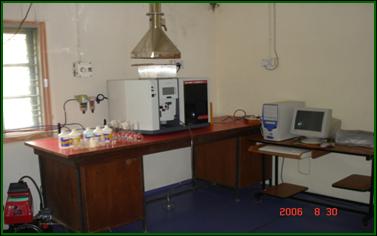 |
 |
ii) Post Harvest Technology Laboratory
The post harvest Technology laboratory has been developed and installed with sophisticated instruments like vaccum dryier, carbonating machine, juice pasteurizing machine etc. which enables the post graduate students to work on post harvest technology and value addition.
 |
 |
iii) Other Educational Facilities
One class room of 20 x 31’ with 41 seating capacity has been provided for conducting the classes of M.Sc. and Ph.D.students. One seminar hall with 30 seating capacity has been renovated and equipped with the all advanced audio-visual aids like Overhead Projector, L.C.D. etc.
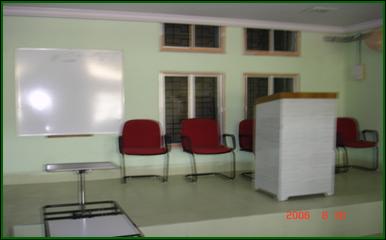 |
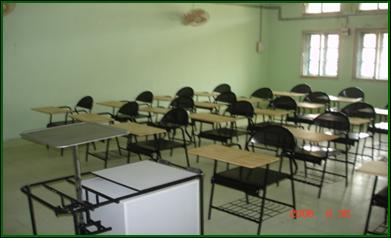 |
|
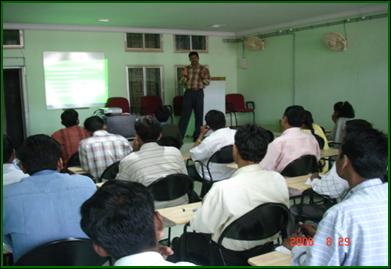 |
 |
Seminar Hall and Class Rooms of the Department
- Departmental Library (Reading room)
- Personal Computers with Accessories
- Student Counseling Cell
- Fresh drinking water to the student and staff
- Lavatories (Gents and Ladies)
iv) Farm Infrastructure
The main garden of this department is spread on an area of 81.68 ha. The important plantations of the fruit crops are mango (5 ha), sweet orange (5 ha). sapota (1 ha), guava (1 ha) and custard apple, aonla and other dryland fruit crops (15ha). The nursery and student experimental plots occupy an area of 4.0 ha. The details of garden are as follows.
v) Nursery Program
The nursery for production and supply of quality planting material of different fruit crops such as Nagpur mandarin, sweet orange, mango, sapota, aonla and other dryland fruits is established in the main garden of the Department of Horticulture.
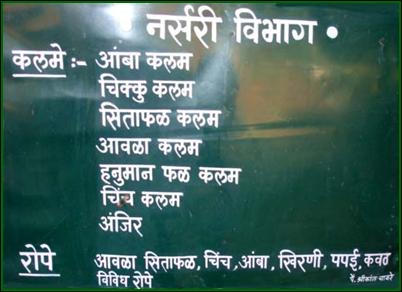 |
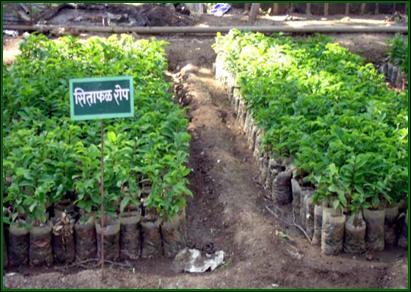 |
|
 |
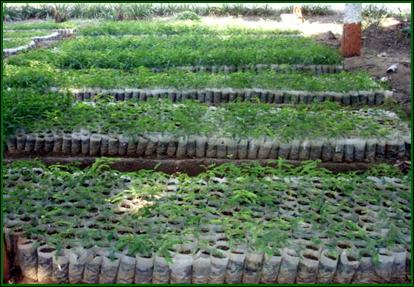 |
vi) Polyhouse and shade net house
One polyhouse and three shade net house has been erected in this department for strengthening the research, education and high-tech floriculture activities.
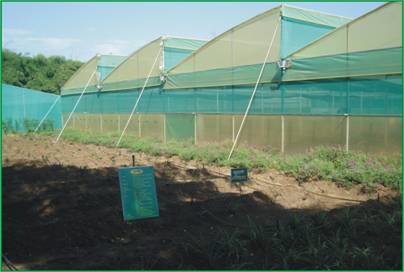 |
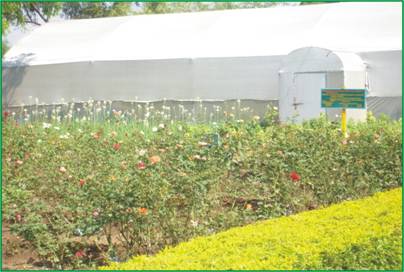 |
|
 |
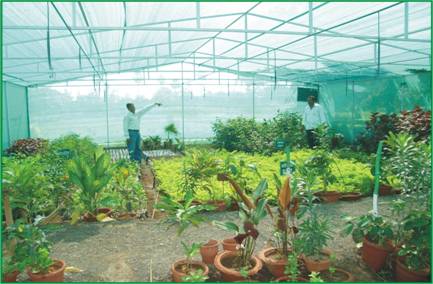 |
|
 |
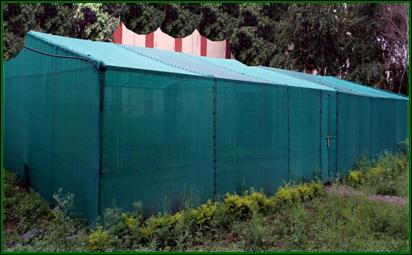 |
Mandate
-
To impart the education to the M. Sc. and Ph. D. students in Horticulture and to suggest and monitor the research of the students.
- To carry out the research activities, monitoring and reporting to the authorities.
- To develop the suitable varieties of fruit, vegetable and flower crops and the horti-techniques.
- To carry out and monitor the various extension activities and impart extension education to the farmers in the region.
-
To disseminate the developed technology to the farmers.
Research Activities
Research Achievements
|
Brinjal : Aruna Variety Aruna is released and notified in 1985-86 by this department. Medium plants, fruits are oval, violet in colour, days to first harvest, 90-95 days, yield 300-385 q/ha during kharif season and 200-225 q/ha during summer season. |
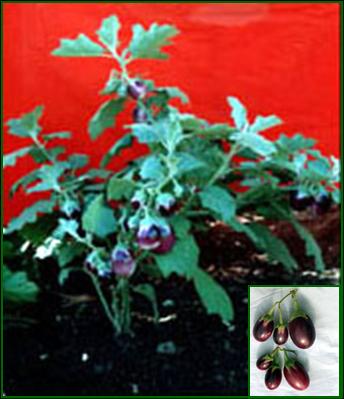 |
|
|
Dolichus bean : Dasara Variety Dasara have been released and notified in 1985-86 by this department. Suitable for kharif season, pole type, pod length 10-11 cm, breadth of pod 2.00 to 2.5 cm, pods are violet in colour, milky white seed, oval shape with black spot. Yield 150 to 200 q/ha. |
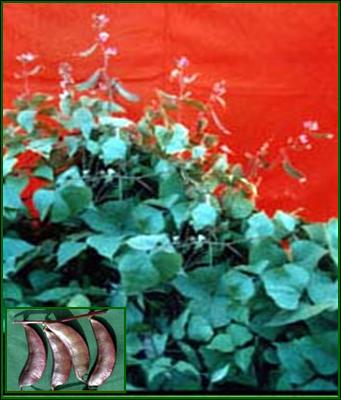 |
|
|
Dolichus bean : Dipali Variety Dipali has been released and notified in 1985-86 by this department. Suitable for kharif season, pole type, fruits are milky in colour, 20-25 cm long pods, breath, 3-3.5 cm, seed are red, pod ready for picture in 150 days. Yield 150 – 200 q/ha |
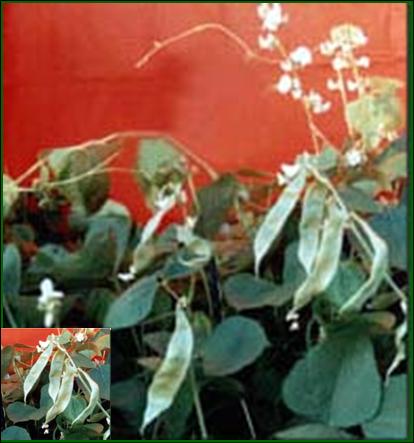 |
|
|
Chilli : Jayanti Variety Jayanti is notified during the year 1996-97 for Vidarbha and the national level under irrigated conditions. Plants are medium to tall, fruits are medium to long (9-10 cm), with notch on 1/3rd portion from the tip of the fruit. Fruits are pale green and turn red on ripening. Yield of red ripe chilli is 18-20 q/ha. |
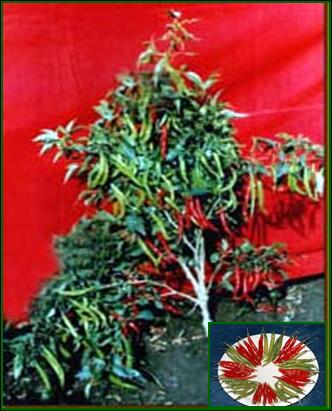 |
|
|
Onion : Akola Safed Variety, Akola Safed is released and notified in the year 2004-05 which is having maximum production per hectare, less bolting percentage, maximum storage life. |
 |
|
|
Nagpur mandarin : Santra Occupying a premier position among the Indian Mandarins. The trees are vigorous spineless with compact foliage, leaves narrowly lanceolate. Fruits medium sized, sub globose, cadmium coloured, surface smooth, rind thin, loosly adherent; segments 10-11, juice abundant, saffron colour, seed 6-7. |
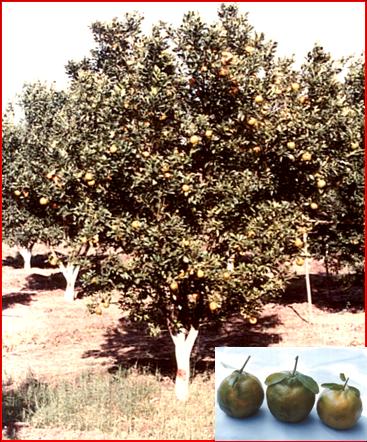 |
|
|
Kagzi Lime : PDKV Lime Maximum yield, superior quality with attractive fruits, having shining, 57 per cent juice, large size and good demand in market, resistant to citrus canker. |
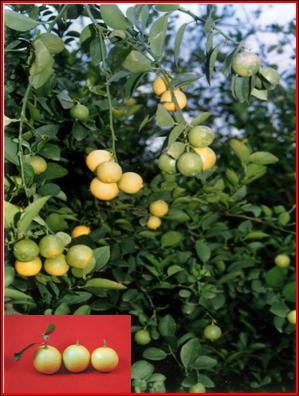 |
|
| Okra : Akola Bahar
Variety Akola Bahar is released and notified in the year 2004 which is having the maximum production and early harvesting period and having less thickness. |
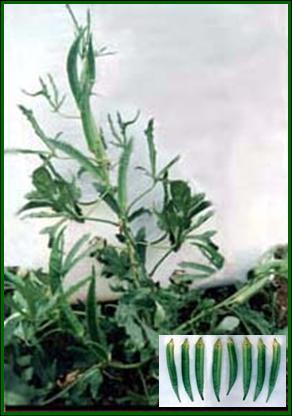 |
|
| Sweet orange : Katol Gold
Attractive golden yellow colour, juice % 47.32, TSS 10.28, 25 per cent more production than Nucellor (122 q/ha). |
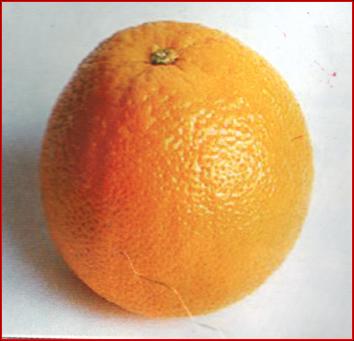 |
|
| In Chrysanthemum, a variety PKV Shubhra has been released and notified | ||
Extension Activities and Achievements
 |
 |
|
 |
 |
Research Recommendations (Approved in AGRESCO)
Publications
Contact Information
Dr. Praksh K. Nagre
Head,
Department of Horticulture
Dr.PDKV, Akola 444 104
Ph.0724-2259192
Fax: 0724-2259192
e-mail- hdhorticulture@pdkv.ac.in, hdhortpdkv@gmail.com
